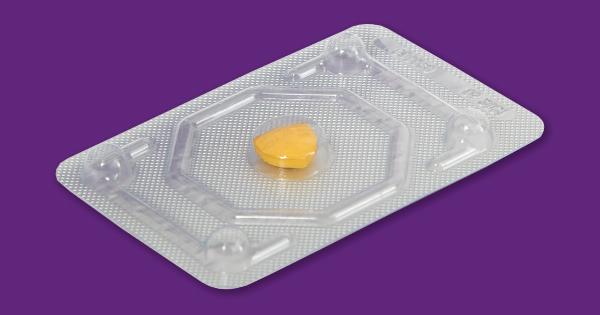Sexually transmitted diseases (STDs) are a major public health issue that affects millions of people around the world each year. To prevent the spread of STDs, it’s essential to use contraception.
However, there are many myths surrounding contraception and STDs that can make it harder to protect ourselves and our partners from these infections. Here are ten of the most common myths you may have heard about contraception and STDs – and the truth behind them.
Myth #1: Contraception doesn’t work
This is one of the most common myths about contraception. While no method of contraception is 100% effective for preventing pregnancy or STDs, many methods are highly effective when used correctly.
For example, the birth control pill is over 90% effective, and condoms are around 85% effective when used correctly. The key is to choose a method that works for you and use it consistently and correctly every time you have sex.
Myth #2: You don’t need contraception if you pull out
Pulling out before ejaculation is not a reliable method of contraception, as it’s hard to control when exactly ejaculation occurs, and pre-ejaculate (pre-cum) can also contain sperm.
This method offers no protection against STDs either, so it’s important to use a barrier method like a condom or female condom to reduce your risk of infection.
Myth #3: You can’t get pregnant or an STD during your period
While the chances of getting pregnant or an STD are lower during your period, it’s still possible. Sperm can live inside the female body for up to five days, so having unprotected sex towards the end of your period can result in pregnancy.
In addition, some STDs like chlamydia and gonorrhea can be transmitted through menstrual blood.
Myth #4: You only need to use contraception if you’re having vaginal sex
STDs can be transmitted through oral and anal sex, so it’s important to use contraception during these types of sex as well. Using a barrier method like a condom or dental dam can help reduce your risk of infection.
Myth #5: The birth control pill protects against STDs
The birth control pill is a highly effective method of preventing pregnancy, but it does not protect against STDs. The only way to reduce your risk of STDs is to use a barrier method like a condom or dental dam, or to practice complete abstinence.
Myth #6: You can’t get an STD from oral sex
While the risk of getting an STD from oral sex is generally lower than from vaginal or anal sex, it’s still possible. Some STDs like herpes, syphilis, and gonorrhea can be transmitted through oral sex.
Using a barrier method like a dental dam can help reduce your risk of infection.
Myth #7: You don’t need to use contraception if you’re in a committed relationship
Even if you’re in a committed relationship, using contraception is still important to prevent unintended pregnancy and STDs. Unless you and your partner have both been tested and are completely monogamous, there is still a risk of infection.
Myth #8: Douching after sex can prevent pregnancy and STDs
Douching after sex does not prevent pregnancy or STDs. In fact, it can actually increase your risk of infection by disrupting the natural balance of bacteria in your vagina and spreading bacteria from your anus to your vagina.
It’s much more effective to use a barrier method like a condom or dental dam to prevent infection.
Myth #9: Only women need to worry about contraception
Both men and women have a responsibility to use contraception to prevent unintended pregnancy and STDs. Men can use condoms or get a vasectomy, and women have a variety of options including the pill, the patch, the ring, and the implant.
It’s important to talk to your partner and your healthcare provider about which method is right for you.
Myth #10: Contraception and STD prevention are only important for young people
Sexually active people of all ages need to use contraception and protect themselves from STDs.
In fact, older adults are at higher risk of contracting some STDs like HIV, as they may not think of themselves as being at risk and may not be as aware of prevention methods. No matter your age, using contraception and practicing safer sex is essential for your overall health and well-being.































